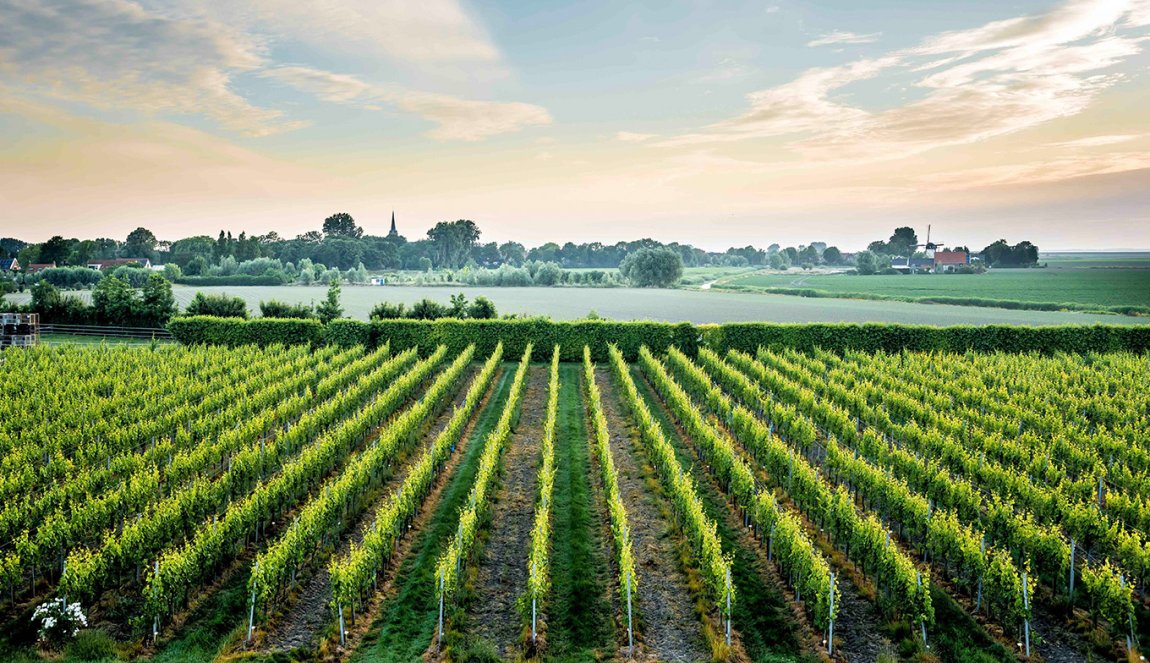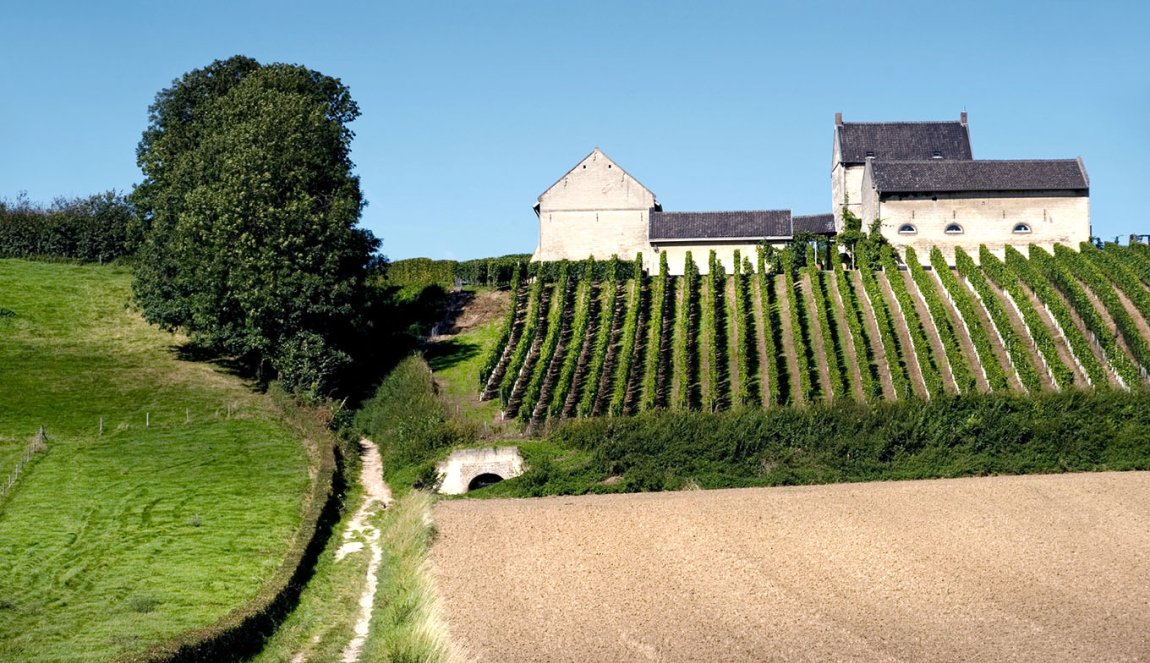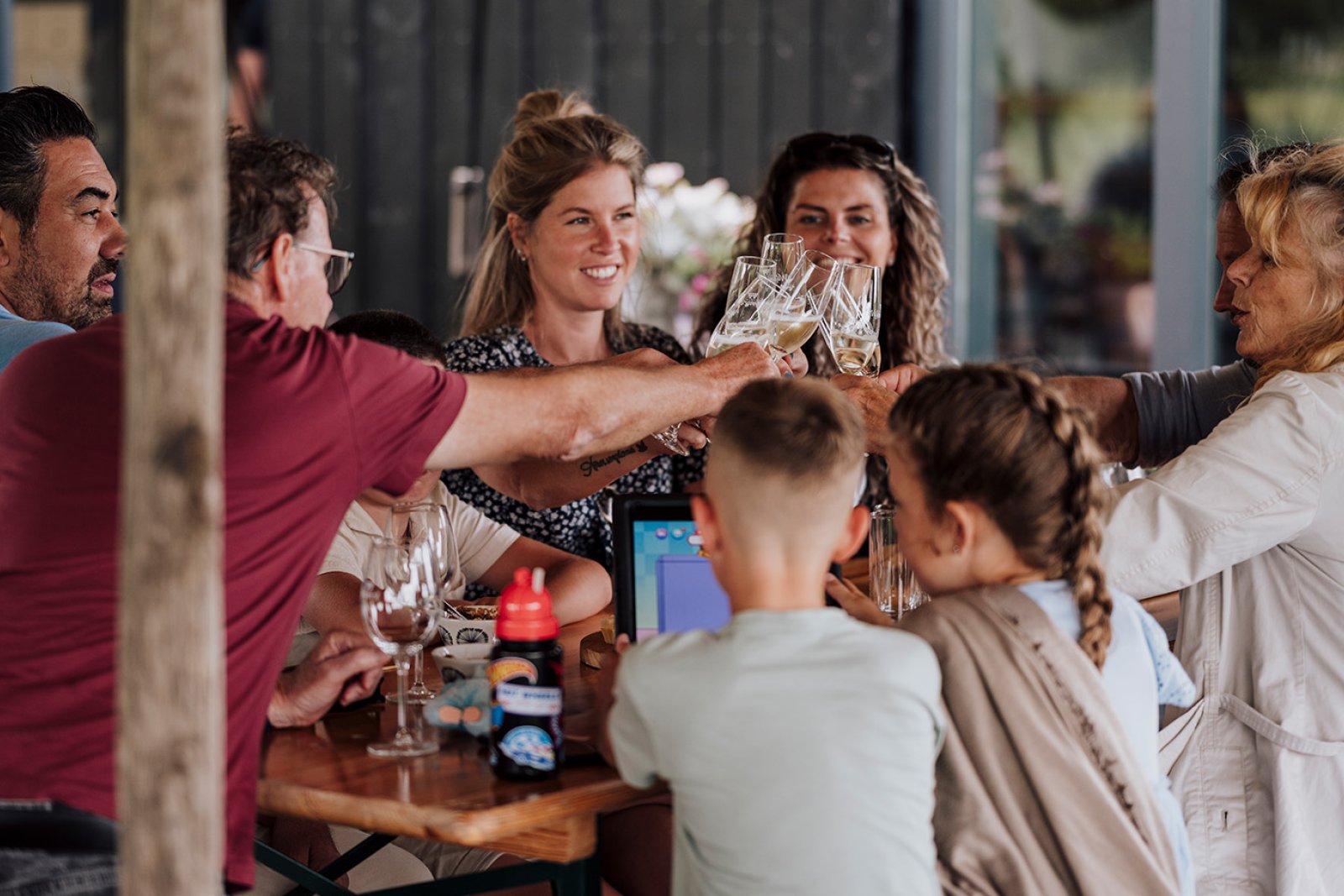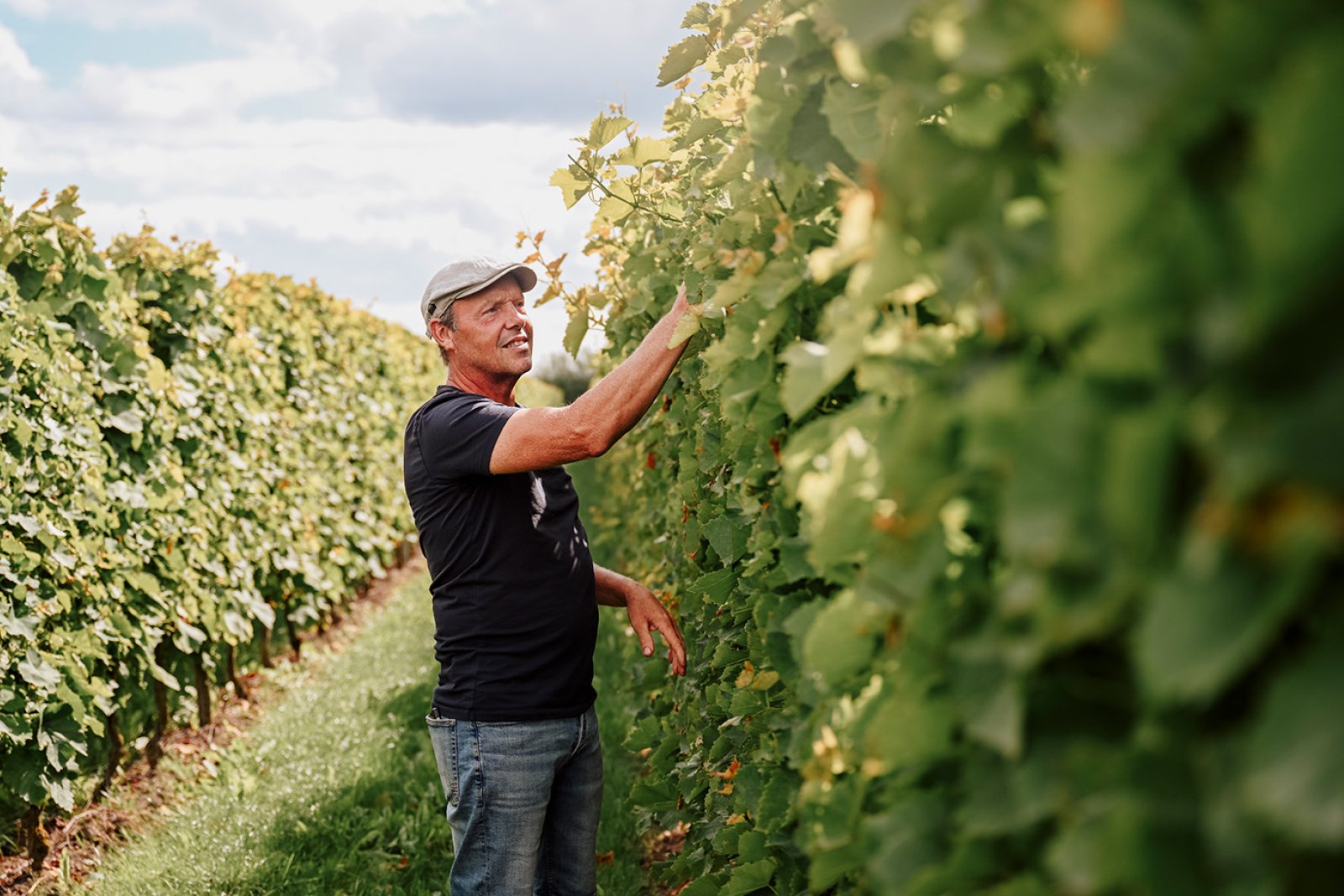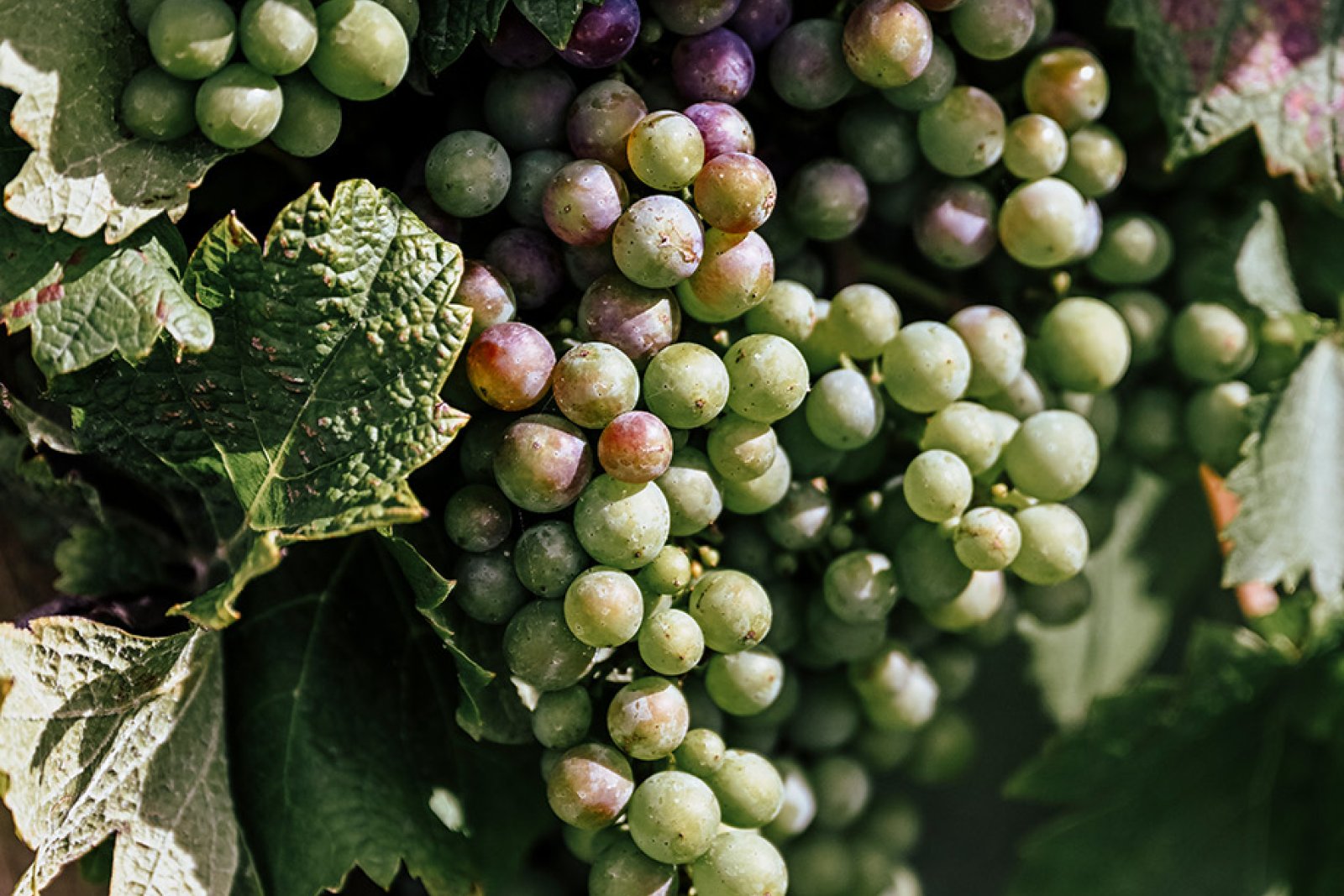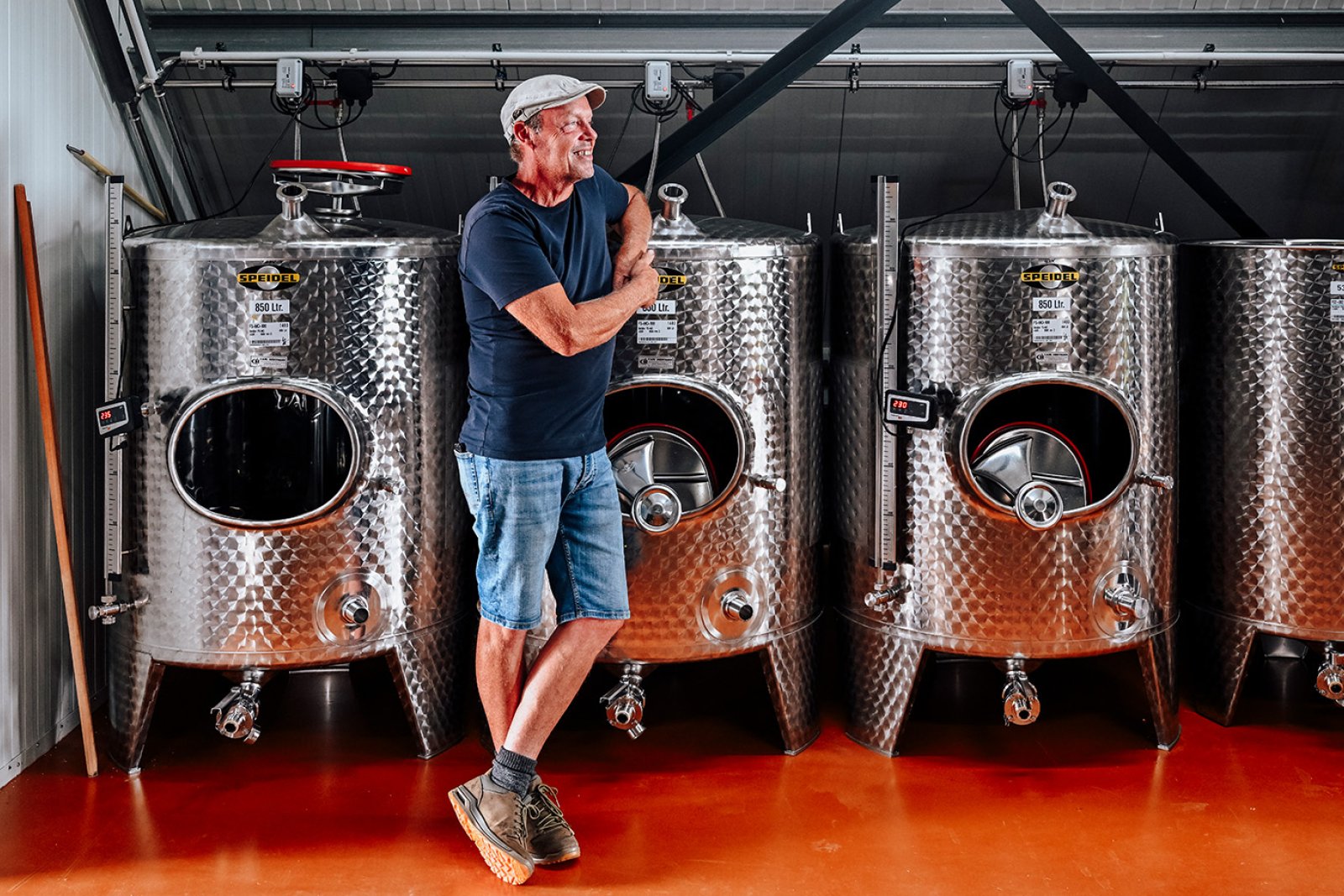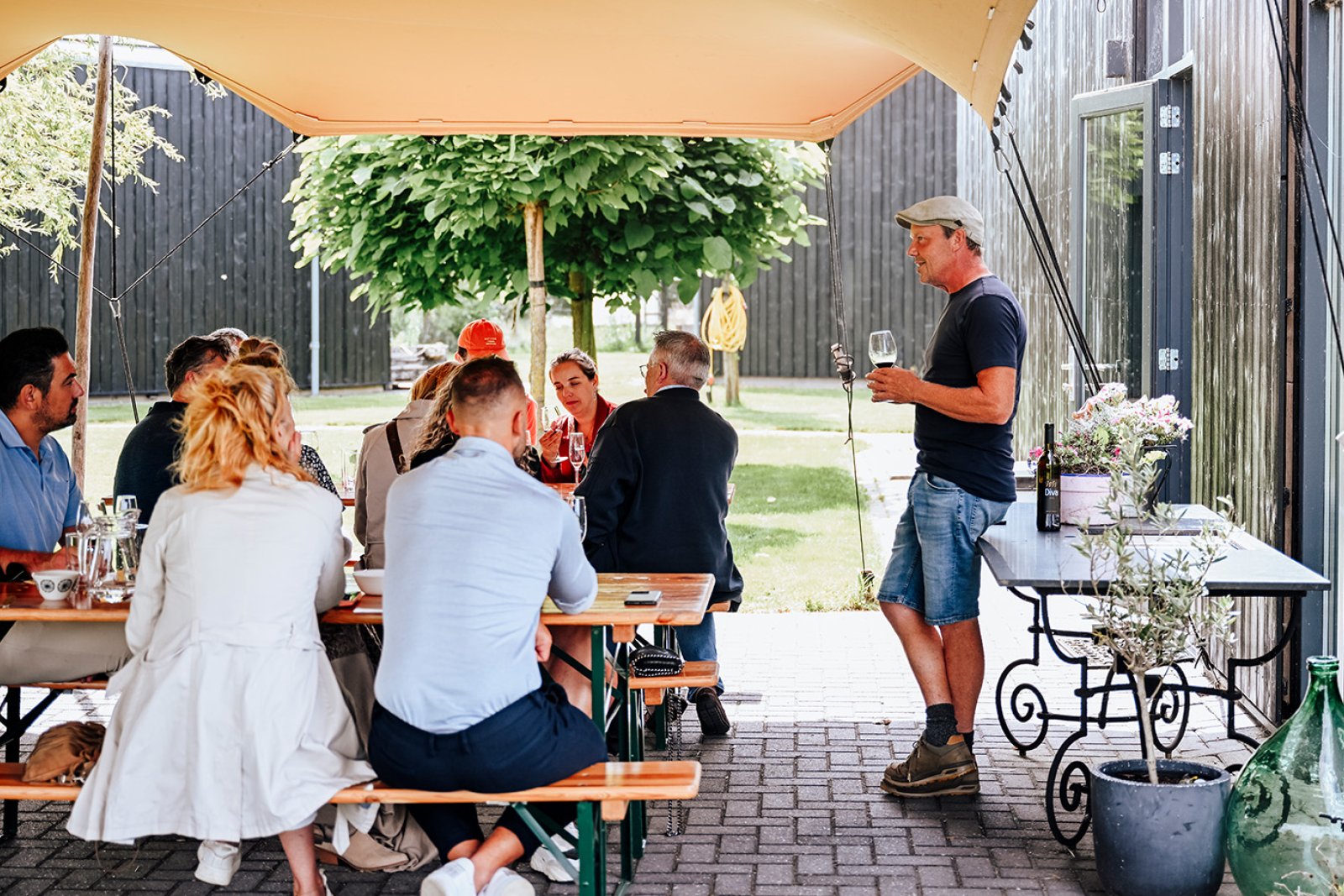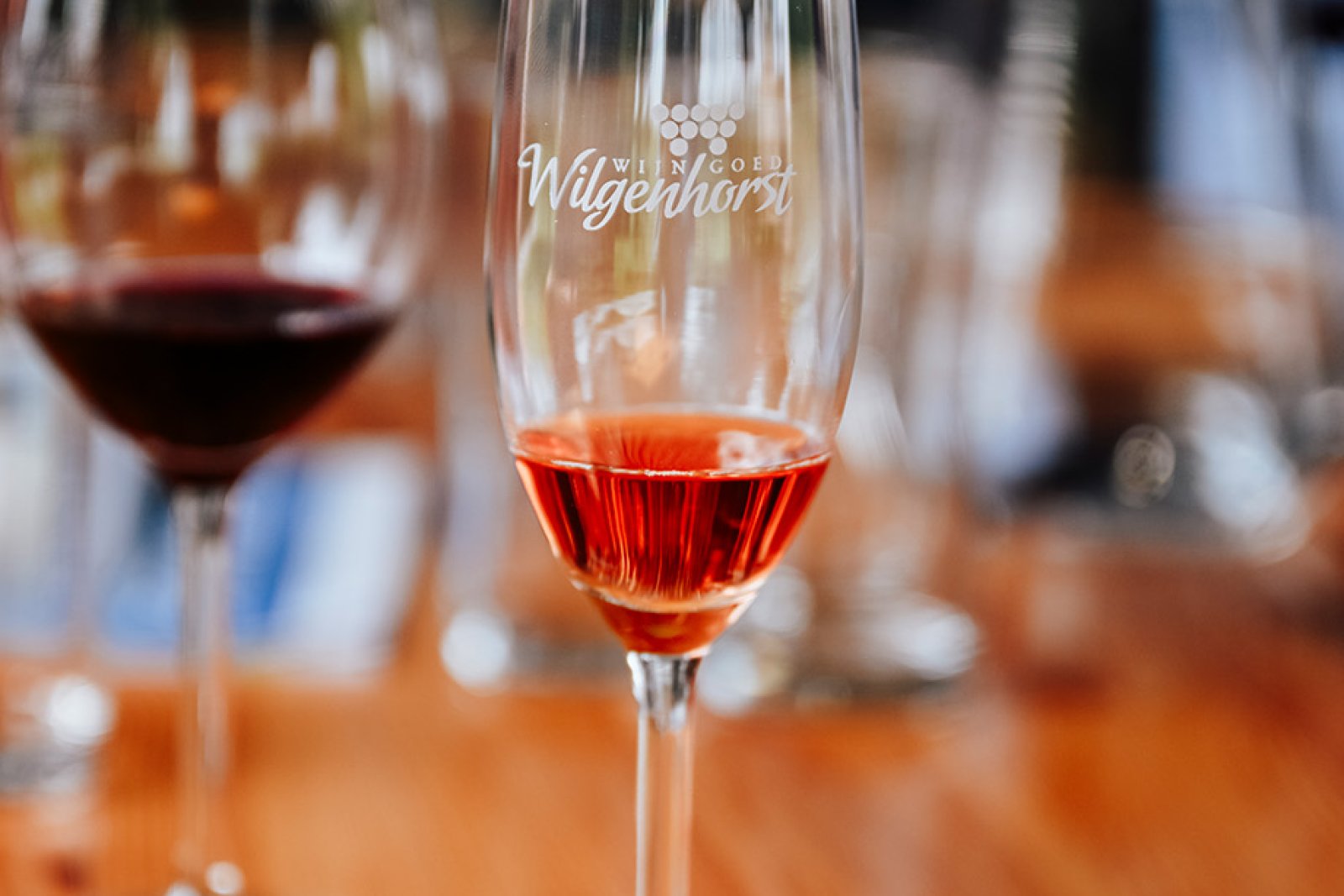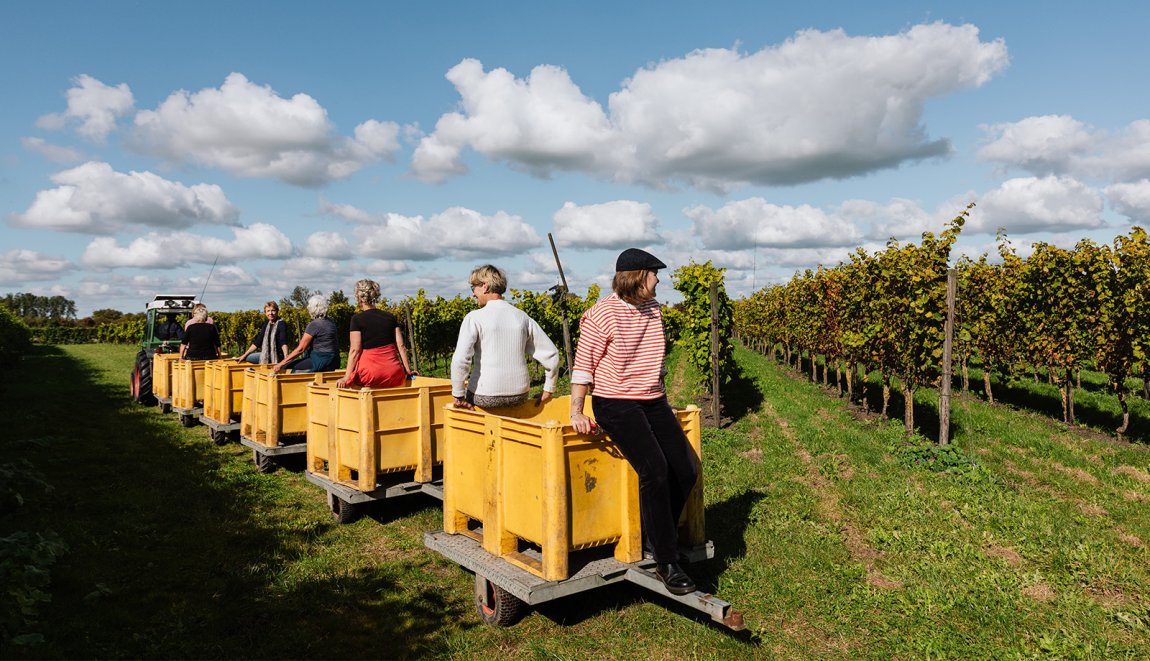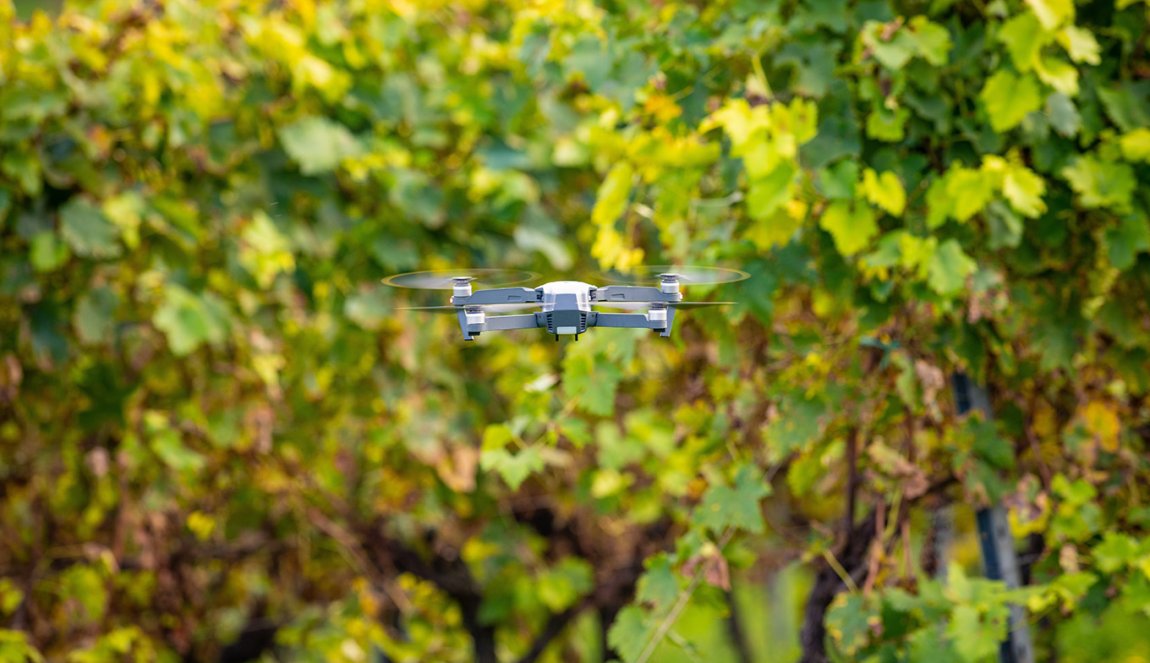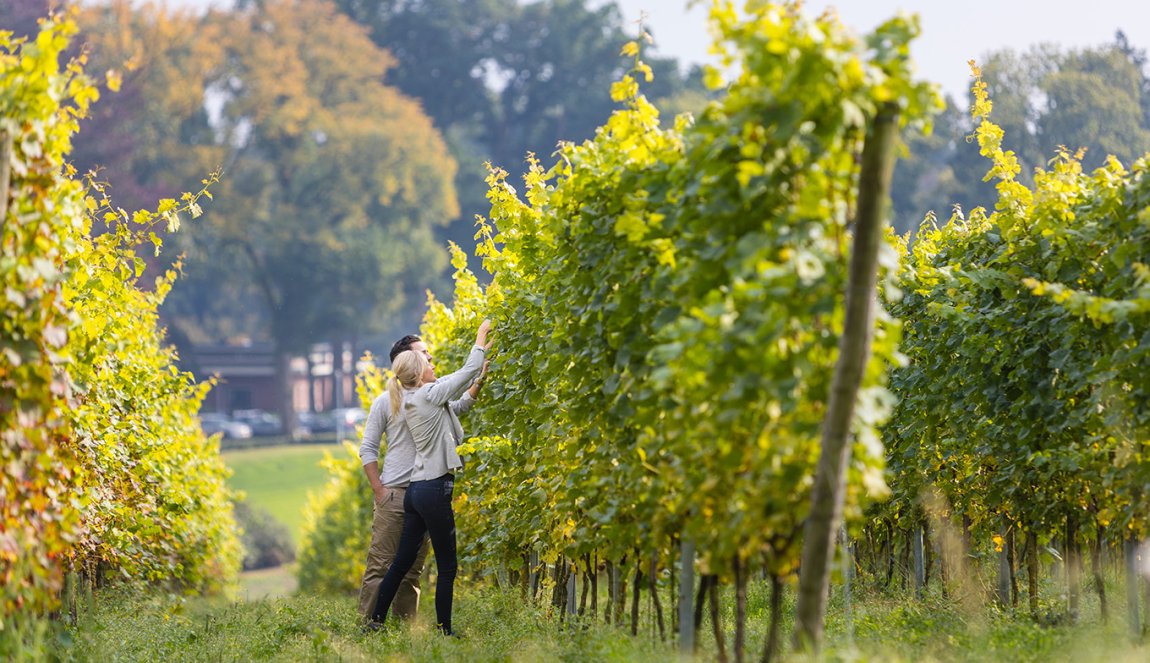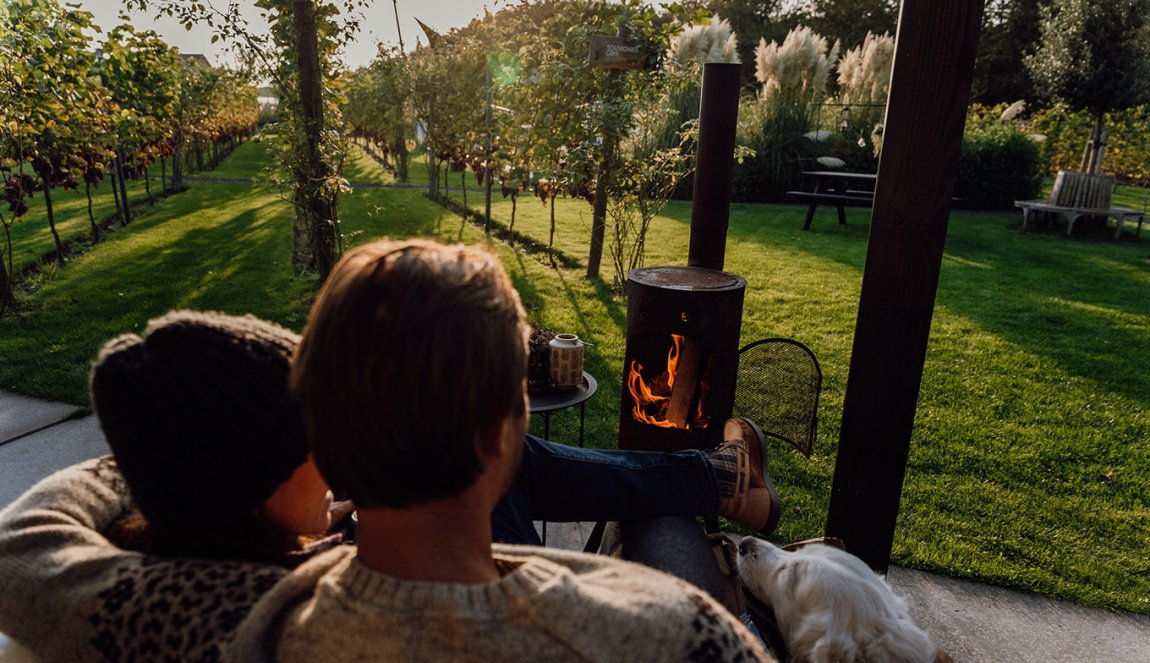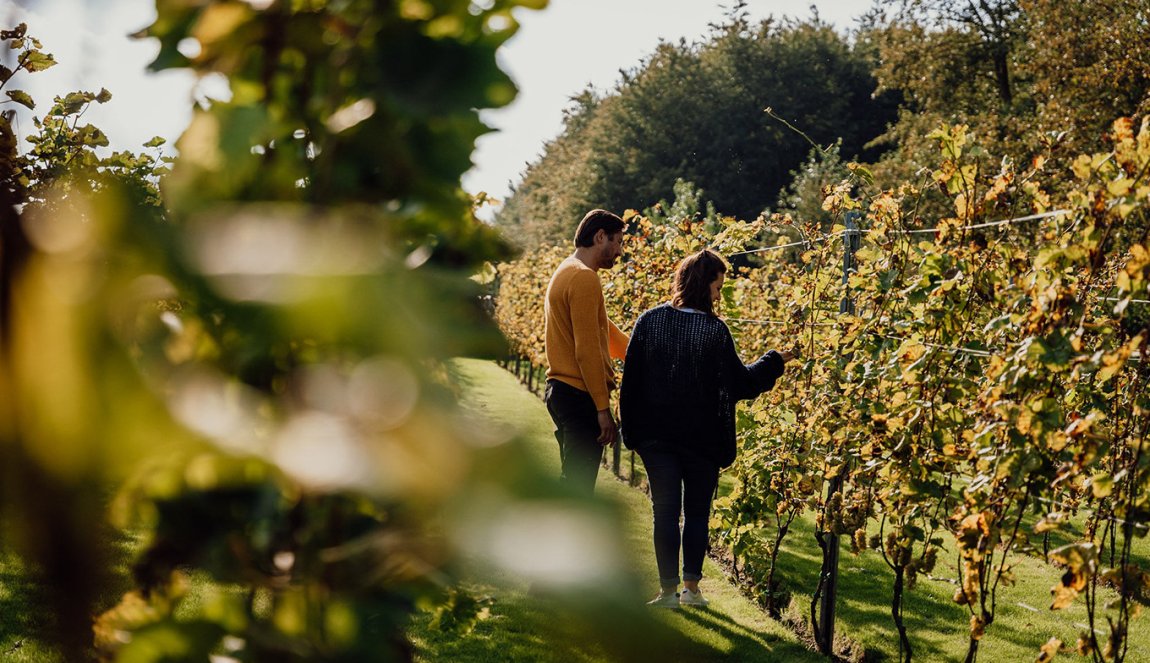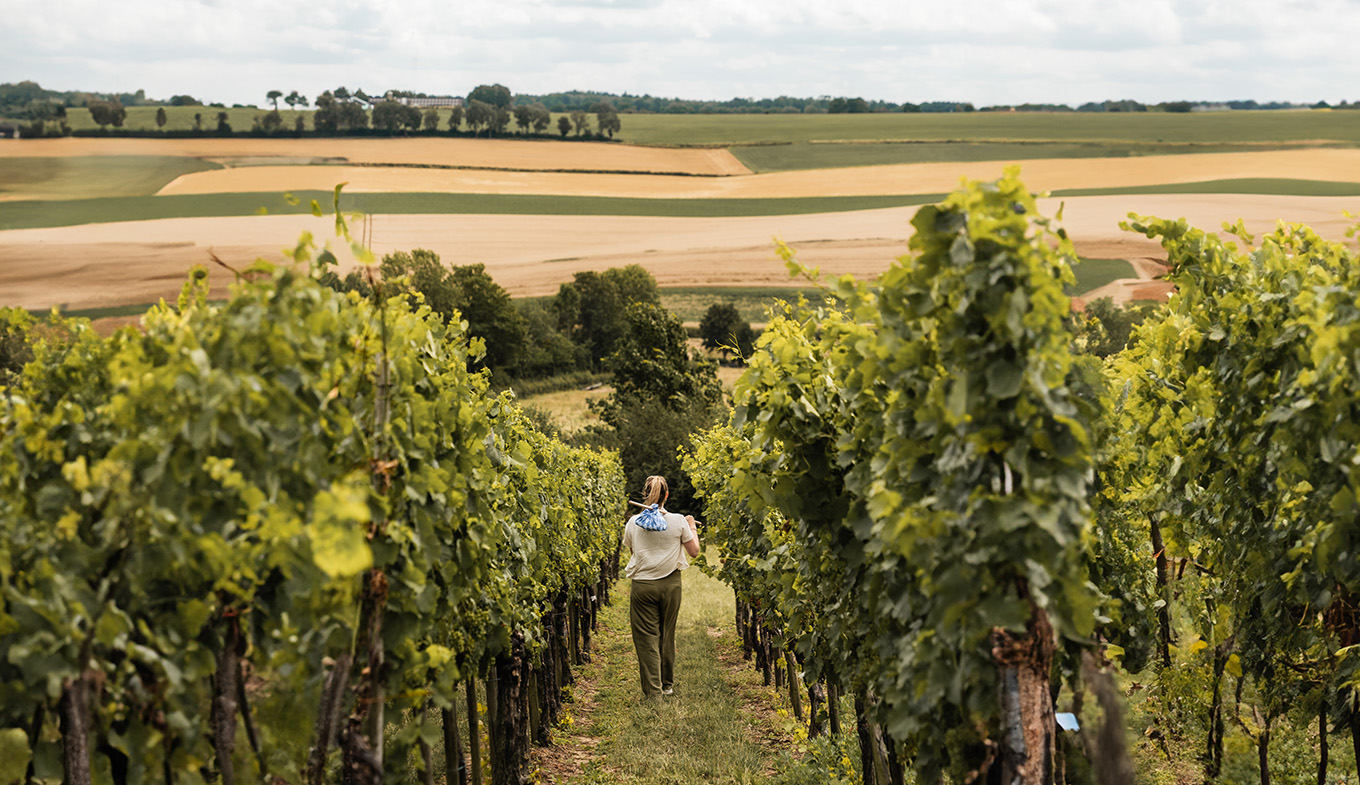
The Netherlands: a wonderful wine country
Wherever you go in the Netherlands, you will find a vineyard nearby. Small and larger wine estates produce wine all over the country, from Groningen to Zeeland and from South Holland to Gelderland. For the last 20 years or so, the Netherlands has been a great place to enjoy a nice glass of wine while relaxing on a terrace in the vineyard. And what's more, there is' a strong emphasis on sustainability and innovation.
More hours of sunshine
Feel like you're in France
A word about soils: Dutch wine originates from many different types of soil, including loess or marl in the province of Limburg, 'shell layers in Zeeland, terp soil in Groningen or sandy soil in Gelderland'. This creates a fantastic variety of flavours and textures in your glass. The character of the silty Zeeland wines is very different from that of wines from Limburg, where the grapes grow in rich loess soils. While several vineyards in places such as Friesland, Gelderland or Brabant are located on poorer sandy soils.
Flevoland is also proving to be an interesting wine region. A good number of locations on what was once the seabed are growing grapes for unique Flevoland wines, such as those at El Placer in Lelystad or Wijngoed Wilgenhorst in Zeewolde. The combination of young fertile soil, plenty of sunshine and innovative winegrowing techniques makes Flevoland a pleasantly surprising addition to the Dutch wine landscape.
Did you know?
The Netherlands has 9 protected designations of origin (PDOs) for wine. The designation 'Maasvallei Limburg' applies in both the Netherlands and Belgium.
Sustainable viniculture in all provinces
Sparkling experiments
Fancy a glass of sparkling wine? Thanks to all the experience that Dutch winegrowers have now acquired, you can find a large range of special types of wine in the Netherlands. Dutch wines tend to be slightly more acidic than those found elsewhere, which makes them excellent for sparkling wines. No more trips to the Champagne region for sparkling wine: it's made right here in the Netherlands.
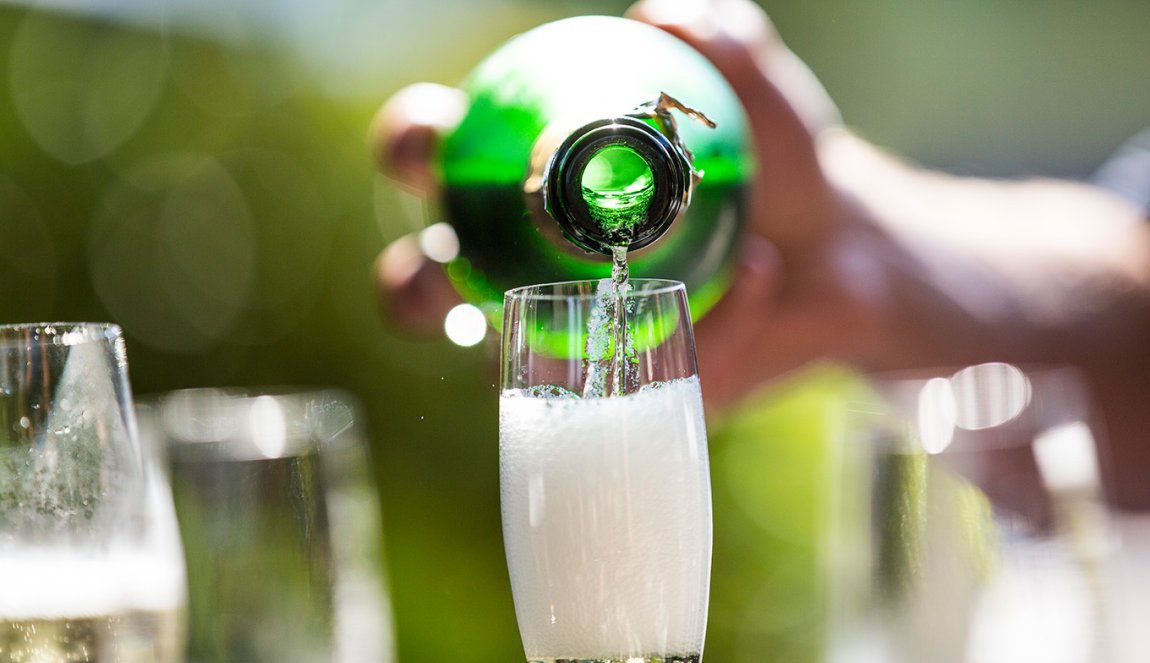
Are you a fan of orange or amber wines, the skin-fermented white wines that often have a beautiful orange colour? Then you're in luck. From Betuws Wijndomein to Wijngaard Dassemus and from Wijngoed Wolf to Wijngaard VieVinVjenne, many winegrowers are exploring the possibilities of this ancient and now hugely popular type of wine. And grapes such as souvignier gris, solaris and muscaris lend themselves perfectly to orange wines.
Get on your bike or put on your walking shoes to explore the Dutch vineyards.
Alcohol-free?
If you want to get to know these special wines and vineyards better, just hop on a bike or put on your walking shoes. There are several beautiful wine routes you can follow, especially in Gelderland and South Limburg, with stops at welcoming wineries where you can sample refreshing wines. But you can also do this in Drenthe, or Overijssel - in fact, you will' find plenty of opportunities throughout the country to enjoy the vineyards and wines by bike or on foot.
Sleeping at the winery
Viniculture in the city
Wine with food
Thirsty? Many restaurants already cook with local produce, and they now increasingly add local wines to the menu. Interested in trying some? Wine shop bob in Amsterdam offers tastings of the best Dutch wines. And if you just want a glass rather than a full tasting of Dutch wines visit one of the modern wine bars in cities such as Amsterdam, Rotterdam, Utrecht and Amersfoort. Utrecht-based Hemel en Aarde has a great wine menu! Another tip: order a glass of local wine paired with a Dutch cheeseboard! Wine and Dutch cheese: it doesn't get more authentic than that!
Tips from Marco Westra
-
Wine tip: Jasmijn Orange Wijn 2020
This wine from Betuws Wijndomein in Erichem is made from carefully selected souvignier gris grapes. They're harvested by hand and aged in old barriques for 9 months. It has a specific nose and playful flavour. Gorgeous!
-
Wine tip: Cuvée XII from De Apostelhoeve
I always serve this Maastricht wine to foreign guests who ask how it is possible to make wine in the Netherlands. This wine is delicious proof that it can be done. Taste it for yourself!
-
Wine tip: Regent from Wijndomein Aan de Breede Beek
This wine estate in Nijkerk is all about regenerative viniculture with a focus on biodiversity in and above the ground. Enjoy this wine with its beautiful flavours of blackcurrant and spices, and a soft, pleasant finish.

